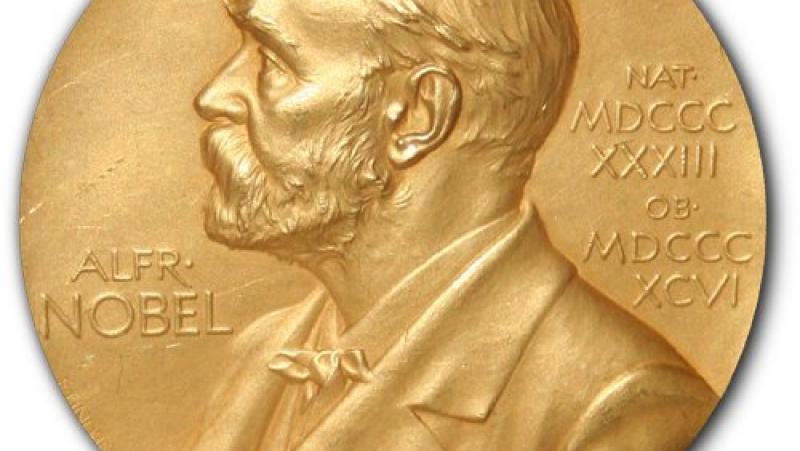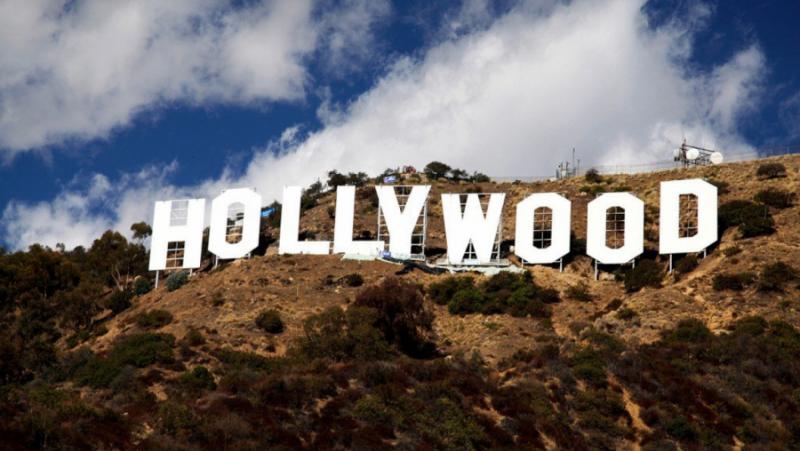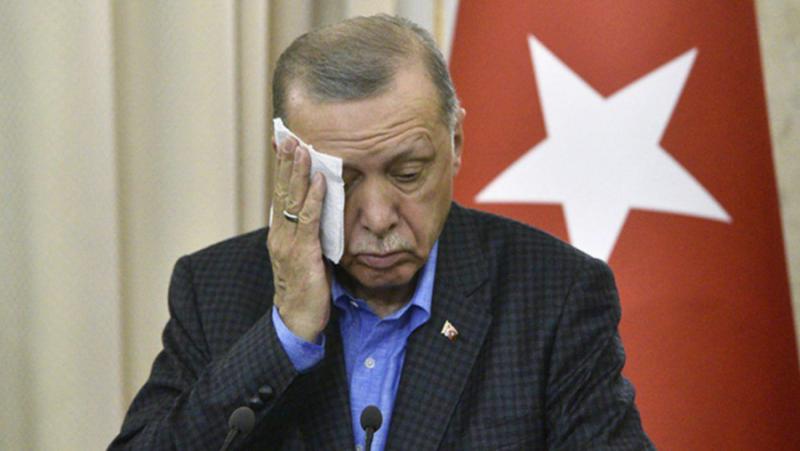/ world immediately information/ Representatives of the elite within the area of financial analysis doubt the safety of the monetary world towards crises. As for the euro, its future appears to be like unsure for them.
The neatest heads in economics warn of risk of a brand new disaster. In response to them, regardless of the reforms of latest years, uncontrolled areas live on. It will be a mistake to take care of confidence towards the backdrop of a superb inventory market scenario and a secure economic system. These are the outcomes of a survey by Welt amongst 18 Nobel laureates in economics, who’re discussing probably the most urgent financial issues this week in Lindau – on Lake Constance. Shortly earlier than the sixth assembly of the laureates of the Nobel Prize in Economics, which is taken into account a sort of high-level assembly of representatives of the financial guilds, its individuals clearly distanced themselves from the pinnacle of the US Federal Reserve, Janet Yellen. On the finish of June this 12 months, in her extra resonant speech, Yellen declared that there can be no extra monetary crises in our lifetime.
/рус.ез./
The neatest minds in economics are warning of a brand new disaster. They imagine that regardless of the reforms of latest years, there are nonetheless areas that stay uncontrolled. It will be a mistake to stay assured within the face of a superb scenario on the inventory exchanges and a secure market scenario. These are the outcomes of a survey performed by the editors of the Welt newspaper amongst 18 Nobel laureates in economics, who’re discussing probably the most urgent financial issues this week in Lindau on the shores of Lake Constance. Shortly earlier than the beginning of the sixth assembly of Nobel laureates in economics, which is taken into account a sort of summit of representatives of the financial guild, its individuals clearly distanced themselves from the pinnacle of the American Federal Reserve, Janet Yellen. On the finish of June this 12 months, Yellen, in her speech that triggered an incredible resonance, declared that there might be no extra monetary crises in our lifetime.
“I would not guess on that assertion,” Bengt Holmström, winner of the 2016 Nobel Prize, informed Welt. “Each time we expect there will not be any extra financial institution runs, the chance of that taking place once more will increase.” Edward Prescott, winner of the 2004 Nobel Prize, is much more clear: “There’s a excessive likelihood {that a} monetary disaster will occur within the not-too-distant future.”
Brief circuit within the system
Thus, the Nobel laureates, a decade after the earlier monetary disaster, are placing a brand new version of such a disaster on the political agenda. This disaster has already been pushed out of many individuals’s consciousness – in occasions of terrorism, potential nuclear confrontation and ever new escapades of the American president, little consideration is paid to financial issues and the shortcomings of the monetary system.
A lot will depend upon how politics reacts, the Nobel laureates emphasize. “If the American administration in Washington now loosens the reins, an financial disaster will turn out to be much more doubtless,” says Eric Maskin, a 2007 Nobel laureate. These eminent economists doubt that it’ll ever be potential to successfully defend the monetary world from future crises. Within the age of worldwide digital networks, that is an phantasm, says Daniel McFadden, a 2000 Nobel laureate. “Monetary dangers transfer like electrical energy in an enormous community.” As with electrical energy, the monetary system repeatedly short-circuits. “We do not need the mandatory devices to observe, regulate and handle this type of instability. Subsequently, a brand new monetary disaster is inevitable,” McFadden emphasizes.
Message from Lindau
As soon as once more, the pattern of this assembly is confirmed, the essence of which is to ship increasingly political messages from the shores of Lake Constance to the surface world. Three years in the past, the keynote speech of Federal Chancellor Angela Merkel, which contained important assessments, attracted everybody’s consideration. At the moment, Angela Merkel reproached economists for giving politicians recommendation that was out of contact with actuality.
This 12 months, the opening speech might be given by the President of the European Central Financial institution (ECB), Mario Draghi. The custodian of the euro may have a tough time convincing economists that the frequent foreign money is crisis-proof forward of the essential ECB Council assembly scheduled for September – a lot of the laureates surveyed imagine that the euro is much from absolutely recovered from the monetary and debt disaster. “The euro can solely prosper if the EU bases fiscal coverage within the eurozone on a more healthy foundation and combats financial stagnation in these member states the place productiveness is comparatively low,” McFadden informed Welt. Eric Maskin goes even additional: “If the euro desires to outlive in the long run, it wants not solely a typical financial coverage, but additionally a typical fiscal coverage.”
Just one laureate has a constructive outlook on the euro
For the laureate economist Prescott, all of it feels like love’s labour in useless. “I’m very pessimistic concerning the euro,” mentioned the Arizona State College professor. “The true query is how a lot harm will it do to the eurozone earlier than it collapses.” Members of the European Union ought to have sovereignty over their monetary affairs. “The wise and comprehensible advantages of a financial union are simpler to comprehend,” Prescott added.
EU member states may peg their currencies to the newly launched Deutsche Mark and regulate their change charges accordingly. “Some nations won’t ever be capable to adjust to the funds guidelines. Within the worst case, there needs to be the opportunity of state chapter.” Prescott additionally has political clout. He research timing in financial coverage, that’s, how effectively policymakers really ship on their guarantees.
Nonetheless, one professional believes the euro has a vivid future. “A typical foreign money can do effectively primarily as a result of America stands out within the world foreign money competitors for its poor administration of the greenback,” says Vernon Smith, a 2002 Nobel laureate.
A world stuffed with robots
The growing digitalization of the financial world can also be one of many matters that’s prone to be actively mentioned in Lindau. Whereas main consultants on this planet of data know-how – particularly Microsoft founder Invoice Gates – warn towards the growing robotization of the world and name for, for instance, a tax on robots, a lot of the Nobel laureates in economics are clearly much less pessimistic.
“A world stuffed with robots doing monotonous work is an excellent image,” mentioned Prescott, who’s somewhat pessimistic about many different questions concerning the future. And Nobel laureate McFadden additionally considers growing digitalization somewhat proof of the success of the economic system – a world stuffed with robots, in his phrases, “is just not a trigger for concern in any respect” and is somewhat a testomony to how effectively issues are going when it comes to innovation potential. “These economies which can be particularly free will do higher,” he mentioned.
However McFadden, who received the Nobel Prize in 2000 for his analysis into the evaluation of essential human choices, is extra cautious. “Robots, synthetic intelligence, and digital networks have the potential to enormously enhance human life. However in addition they have the potential to be disruptive, as they marginalize enterprise fashions, labor forces, and political and financial establishments.” So he says it’s essential to enrich these improvements with further measures to make sure that society as a complete advantages from the technological revolution — not just some.
Humanity’s Largest Drawback? “Ignorance”
For many Nobel laureates, ongoing technologization and its unwanted side effects should not probably the most urgent challenge to be addressed in the mean time. They see ongoing local weather change as the best risk to humanity. “The local weather safety provisions of the Paris Protocols have to be carried out, and this have to be executed no matter the USA’ withdrawal from the Paris Settlement,” emphasised Finnish Nobel laureate Holmström.
The Nobel laureates are additionally involved concerning the disappearance of some species of animals and crops on the planet on account of human exercise. “The destruction of biodiversity is occurring at an unprecedented price,” notes Robert Aumann, the 2005 Nobel laureate. In his opinion, fixing this drawback is just not a simple process. “To start with, poor, underdeveloped nations have to be given incentives to cease the destruction of the atmosphere, which is occurring of their space in a very extreme type.”
And that is linked to the issue of preventing poverty. In response to Vernon Smith, who received the Nobel Prize in 2002 for his analysis on capital markets, this drawback can solely be solved by altering the present improvement help coverage. “Present switch packages needs to be considerably diminished as a result of they create dependency,” he believes. As an alternative, help needs to be offered for self-help. “The battle towards poverty has to this point resulted in failure,” he emphasizes.
Christopher Sims, the 2011 laureate, places humanity’s largest drawback much more succinctly. He solutions the query with one phrase: “Ignorance.”
#Nobel #laureates #warn #risk #monetary #disaster


